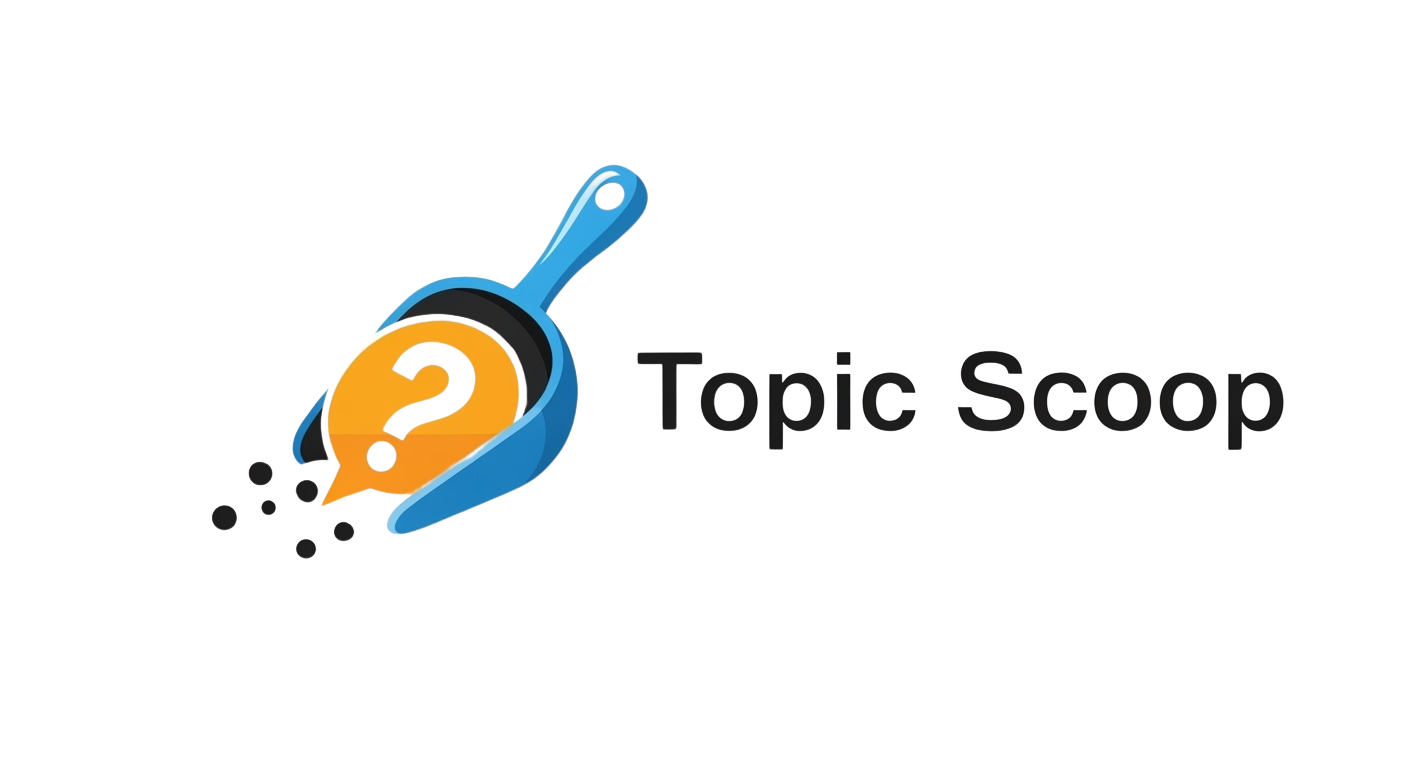Why Phlebotomy Matters
Phlebotomy, the practice of drawing blood for medical testing, donations, and research, is a vital part of the healthcare system. Every hospital, clinic, and diagnostic laboratory relies on phlebotomists to collect accurate blood samples that doctors and specialists use to diagnose and treat patients.
With the increasing demand for healthcare services and routine testing, the need for skilled phlebotomists continues to rise. For individuals looking to enter the healthcare field, phlebotomy offers a fast entry point, strong job stability, and opportunities for growth.
Types of Career Opportunities in Phlebotomy
Phlebotomy offers a range of career paths across different medical environments. Some common opportunities include:
- Hospital Phlebotomists: Work in emergency rooms, inpatient units, and laboratories, collecting blood from a variety of patients.
- Clinic and Outpatient Phlebotomists: Perform routine draws in medical offices, diagnostic centers, or outpatient labs.
- Blood Donation Specialists: Work with organizations like blood banks and the Red Cross, assisting with blood drives and donations.
- Mobile Phlebotomists: Travel to patients’ homes, nursing facilities, or corporate sites to collect samples.
- Research Phlebotomists: Collect blood samples for clinical trials, research institutions, or universities.
- Supervisory and Trainer Roles: With experience, phlebotomists may supervise teams or train new technicians.
These options allow flexibility and the ability to specialize in different healthcare environments.
Training and Education Requirements
Phlebotomy is one of the most accessible healthcare careers, often requiring less training time than other medical professions. Typical requirements include:
- High School Diploma or Equivalent.
- Phlebotomy Training Program: Usually lasting 4–12 months, covering anatomy, venipuncture techniques, infection control, and patient interaction.
- Certification: While not always mandatory, certifications such as those offered by the American Society for Clinical Pathology (ASCP) or National Healthcareer Association (NHA) improve job prospects.
- On-the-Job Training: Many employers provide supervised practice to build confidence and skills.
Some states may require licensing or additional testing, so it’s important to check local regulations.
Opportunities for Career Growth
Phlebotomy can be both a long-term career and a stepping stone into other healthcare roles. Growth opportunities include:
- Supervisory Positions: Lead a phlebotomy team in hospitals or clinics.
- Laboratory Technician Roles: With additional education, transition into broader lab work.
- Specialized Healthcare Careers: Many nurses, medical assistants, and laboratory technologists begin their careers in phlebotomy.
- Teaching and Training: Experienced phlebotomists may instruct in training programs.
Because phlebotomy provides a solid foundation in patient care, it often opens doors to higher-level healthcare careers.
Benefits of a Career in Phlebotomy
Phlebotomy offers several strong benefits for job seekers:
- High Demand: Growing healthcare needs ensure steady job availability.
- Quick Entry: Training programs are short, often under a year.
- Good Pay: Entry-level phlebotomists earn competitive wages, with potential for higher salaries in hospitals and specialized roles.
- Flexible Work Settings: Opportunities in hospitals, labs, mobile services, and donation centers.
- Meaningful Work: Directly contribute to patient care, diagnostics, and life-saving treatments.
A Gateway to Healthcare Careers
Phlebotomy is more than just drawing blood—it’s a career that supports the entire medical system. For those who want to work in healthcare, make a difference in patients’ lives, and gain valuable experience quickly, phlebotomy is an excellent opportunity.
With dedication, proper training, and compassion for patients, phlebotomists can build rewarding careers while opening the door to broader roles in the healthcare field.








